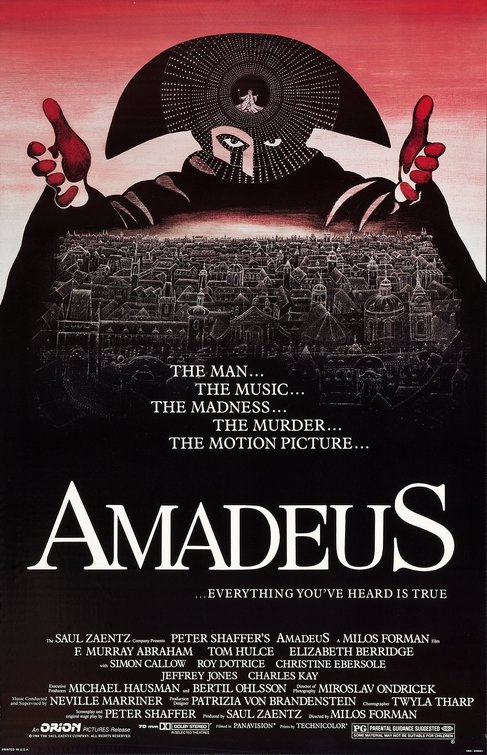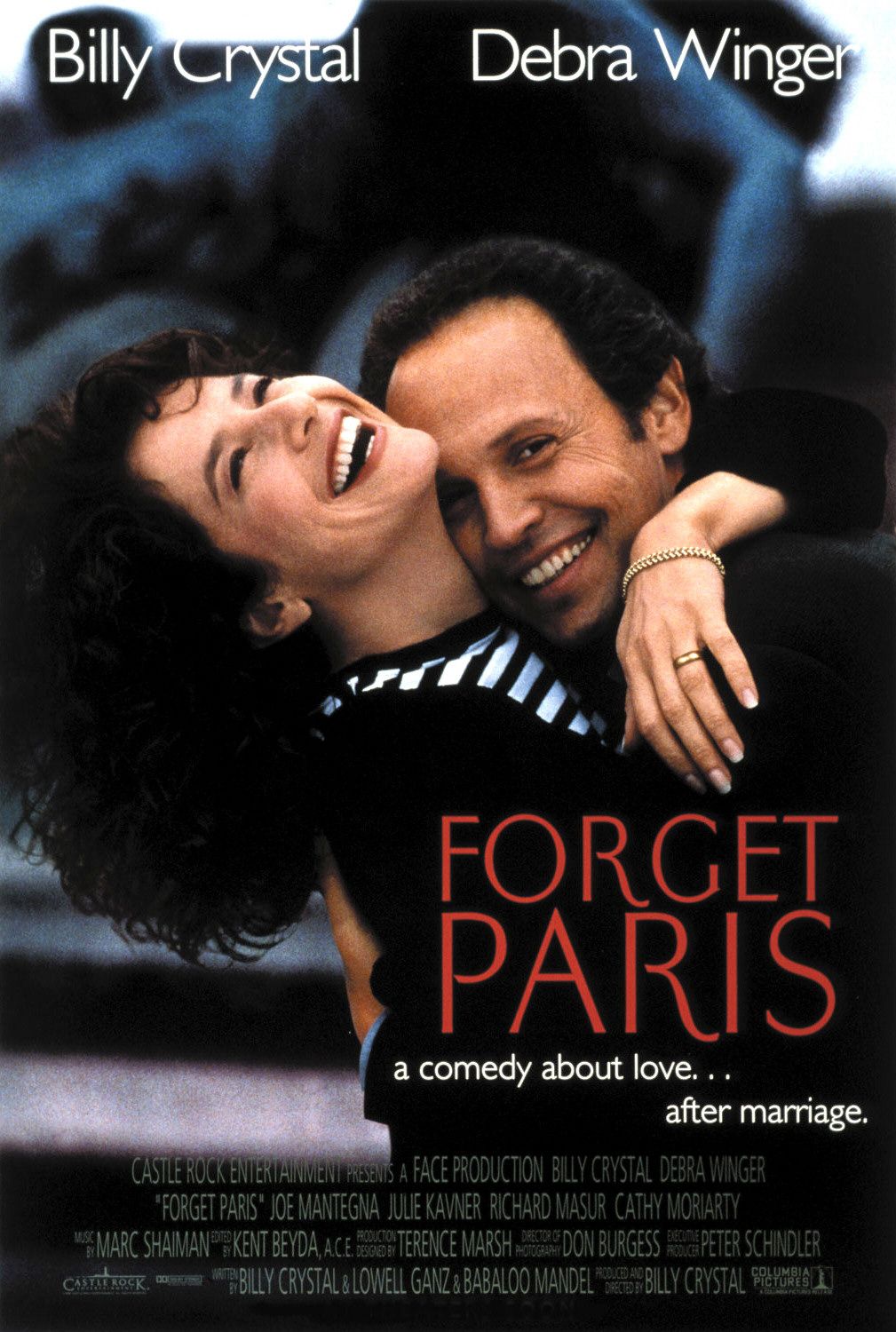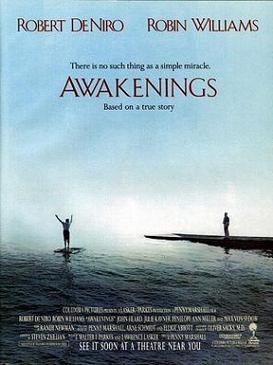
With the start of the war,
Schindler grew to become a wealthy, successful businessman who only saw his
Jewish workers as cheap labour who work only to bring him money. He expressed gratitude to the war, which his
attributed as the cause of his great success. Splurging all his money on his
rich taste in food and clothing and lush lifestyle, Schindler did not seem to
have any reason to care of the mass murder and dehumanization happening around
him. So why did he change? Why did he give up all his money and earned wealth
in order to buy Jews with the primary goal of saving them from death? Why risk
his life, especially with being a member of the Nazi party himself?
While some say that it is an act of
pure altruism, a behaviour of helping others without getting any reward in
return, there are critiques who say that there is no such thing as genuine
altruism as any form of helping behaviour is done either to decrease the
distress felt when seeing a person in need, to gain internal rewards by feeling
good about oneself, or to maintain a good social image. But when reading stories and watching movies
of ordinary people who go out of the way to help others with a potential of
such great risks such as being killed, it is arguable that altruism do exist as
the costs of helping outweigh the rewards.
THE CHANGE
His transformation gradual, Oskar
Schindler initially saw his workers only as cheap, effective labour. When one of his
workers, a one armed man insists to thank and bless Schindler for hiring him
and saving his life in result, Schindler expresses anger towards Itzhak Stern
for hiring the man. Schindler originally
seems furious that he had a one-armed machinist but when that very same worker
was shot by a German soldier, Schindler immediately expresses his anger to the
army, saying that the worker was an essential asset to his factory, but even as
viewers of the film, we understand the ludicrousness of the statement and we
start to see the first evidence of Schindler’s distress of the killing of Jews.
When Itzhak Stern gets caught by the Nazis without his work permit, Schindler hurriedly rushes to save him from being sent to camp, but instead of voicing it out as wanting to save a life, Schindler viewed his actions as saving his company as Stern is the one who manages his entire business.
Riding out with his mistress, he is distressed when he witnesses the bloody evacuation of the Jewish ghetto. Special focus placed on a little girl with a red coat as she is being led alone through the chaos and the gunning down of people around her shows emphasis that even innocent children are not spared from the harsh cruelties of war.
Schindler's first direct action of saving Jews happen when a young woman pleads with him to take her parents in to work at his factory. Schindler first seemed furious that his factory was seen as a safe haven and was clearly frightened as such acts of saving the Jews may be seen as treason and he could be killed. But shortly after expressing his anger, he gives the name of the girl's parents to Stern to take in to his factory.
As the cruelties around him increased, so did Schindler's drive to save the Jews and even when in situations that he could not directly save them, he tries to give as much help as he can as seen when he comforts a frightened Helen Hirsch and waters down the train carts full of thirsty Jews who were suffocating in the heat. He even goes as far as trying to convey his ideals to Amon Goeth, although it proved to be in vain.
But perhaps the biggest trigger that ignited Schindler's passion was on the fateful day that the remains of the massacred Jews were piled to be burned, creating a snow of ashes to fall over the town, perhaps symbolizing that the deaths of all these victims falls on all the people who agreed to it and did nothing to help. As Schindler goes to the site, he is shocked to see the huge piles of burning bodies but what had clearly shaken him up was the reappearance of the girl in the red coat, this time dead.
Sociologists say that helping behaviour is especially prominent in cases whereby the person in need are familiar. While he may not directly know the little girl or even the one-armed man, seeing the death of someone familiar truly alerted him to the cruelties of war; the very same war that he expressed gratitude for in his success.
Soon began Schindler's drive to save the Jews, in not only giving up all of his riches to buy as many Jews as he could to work in his factory, he also showed them great compassion and kindness as seen in his act of encouraging and allowing the Jews to celebrate the Sabbath once again.
I believe that Schindler's story is one of the greatest examples of altruism, not because of his act of saving more than 1000 Jews but because of his actions of doing it despite the great risks, during and after the war. During the war, his actions could have been seen as treason by the Nazis and after the war, he was hunted by the Alliance as he was part of the Nazi party, and loosing all his possessions, Schindler never gained success again after the war.
Contrary to the believe that prosocial behaviour is done for the purpose of feeling good of oneself, Schindler did not express such behaviour as he was seen breaking down in front of all the Jews, apologizing for not saving one more life.
 |
| An innocent little girl in a red coat as she walks through the chaos and the bloodshed |
As the cruelties around him increased, so did Schindler's drive to save the Jews and even when in situations that he could not directly save them, he tries to give as much help as he can as seen when he comforts a frightened Helen Hirsch and waters down the train carts full of thirsty Jews who were suffocating in the heat. He even goes as far as trying to convey his ideals to Amon Goeth, although it proved to be in vain.
But perhaps the biggest trigger that ignited Schindler's passion was on the fateful day that the remains of the massacred Jews were piled to be burned, creating a snow of ashes to fall over the town, perhaps symbolizing that the deaths of all these victims falls on all the people who agreed to it and did nothing to help. As Schindler goes to the site, he is shocked to see the huge piles of burning bodies but what had clearly shaken him up was the reappearance of the girl in the red coat, this time dead.
| Innocence is gone |
Soon began Schindler's drive to save the Jews, in not only giving up all of his riches to buy as many Jews as he could to work in his factory, he also showed them great compassion and kindness as seen in his act of encouraging and allowing the Jews to celebrate the Sabbath once again.
I believe that Schindler's story is one of the greatest examples of altruism, not because of his act of saving more than 1000 Jews but because of his actions of doing it despite the great risks, during and after the war. During the war, his actions could have been seen as treason by the Nazis and after the war, he was hunted by the Alliance as he was part of the Nazi party, and loosing all his possessions, Schindler never gained success again after the war.
Contrary to the believe that prosocial behaviour is done for the purpose of feeling good of oneself, Schindler did not express such behaviour as he was seen breaking down in front of all the Jews, apologizing for not saving one more life.




































